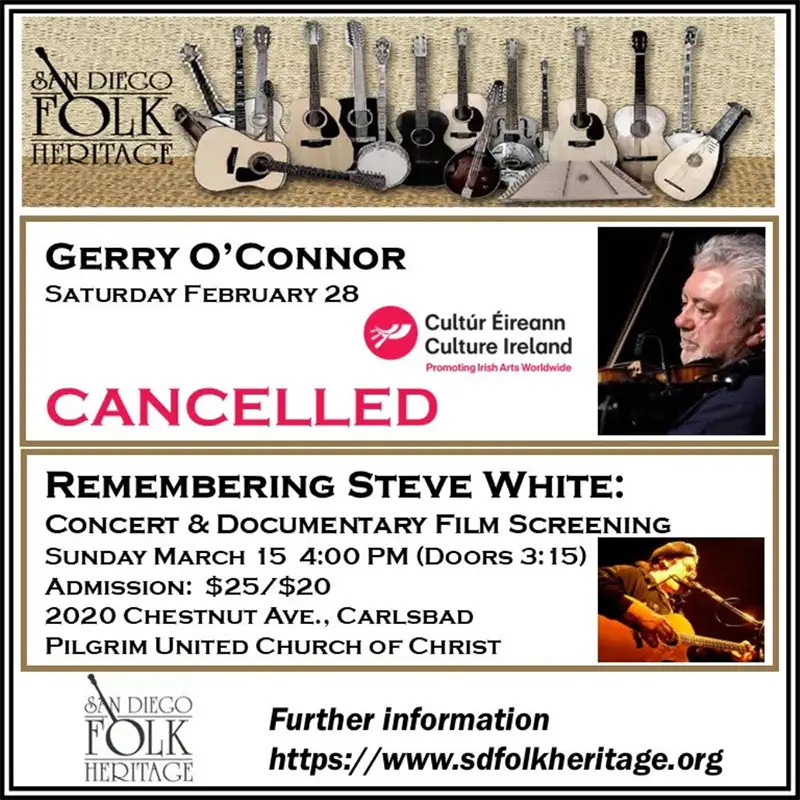Stages
The Method of No-Method
All over the internet you’ll find articles on creativity, productivity, and how to build success in 10 easy steps. Everyone’s trying to describe the mysterious path from inception to fruition. In the chaos of conflicting advice it’s hard to find a clear way forward. Instead of reading yet another life coach blog, let’s look at an ancient Chinese source, Zhuangzi.
Zhuangzi (370-287 B.C.E.) was the best of the Daoist writers and philosophers. Coming a few hundred years after Laozi, he far exceeded his predecessor’s reach in terms of sheer literary power. Laozi’s beloved Daodejing is still the starting point in any study of Daoism. But when you’re really ready to have your mind blown, pick up Zhuangzi.
At issue is this: what is the best approach to accomplishing any task? Aggressive forcefulness? Aloof indifference? Something in between? Zhuangzi has an answer. And he presents it in a story. It is the story of a cook who worked for Prince Wen Hui. In Thomas Merton’s translation, it goes like this.
Prince Wen Hui’s cook was cutting up an ox. Out went a hand, down went a shoulder, he planted a foot, he pressed with a knee, the ox fell apart with a whisper, the bright cleaver murmured like a gentle wind. Rhythm! Timing! Like a sacred dance, like “The Mulberry Grove,” like ancient harmonies!
“Good work!” the Prince exclaimed, “Your method is faultless!”
“Method?” said the cook, laying aside his cleaver, “What I follow is Tao beyond all methods.
“When I first began to cut up oxen I would see before me the whole ox all in one mass. After three years I no longer saw this mass. I saw the distinctions.
“But now, I see nothing with the eye. My whole being apprehends. My senses are idle. The spirit free to work without plan follows its own instinct guided by a natural line, by the secret opening, the hidden space, my cleaver finds its own way. I cut through no joint, I chop no bone.
“I have used this same cleaver 19 years. It has cut up a thousand oxen. Its edge is as keen as if newly sharpened.
“There are spaces in the joints; the blade is thin and keen: when this thinness finds that space, there is all the room you need. It goes like a breeze. Hence, I have this cleaver 19 years, as if newly sharpened.
“True, there are sometimes tough joints. I feel them coming, I slow down, I watch closely, hold back, barely move the blade, and whump! The part falls away landing like a clod of earth.
“Then I withdraw the blade. I stand still and let the joy of the work sink in. I clean the blade and put it away.”
Prince Wan Hui said, “This is it! My cook has shown me how I ought to live my own life!”
Zhuangzi’s allegory is a thick slab of wisdom ready for the grill. Whether you’re trying to write a song, navigate a relationship challenge, manage your finances, resolve a workplace conflict, plan your next career move, or cook an omelet, Zhuangzi has laid out the path as only a master teacher can. Let’s unpack the components of the parable.
Right off the bat Prince Wen Hui gets it wrong. He mistakes the cook’s mastery as the deliberate practice of a specific technique or method. “Your method is faultless!” he says, only to be swiftly rebuked by the cook. “Method?” said the cook. “What I follow is Tao beyond all methods.”
At the heart of Daoism is the idea of Dao (Tao), a word that literally means “way” or “path.” In Daoism Dao refers to the underlying process by which everything unfolds. All things follow the Dao, the way of nature. Dao is considered the sacred source and the harmony of all things. Unlike God in the west it is not personified or localized in a conscious being. Dao is found within all things, and guides all things to their optimal natural function. The goal of Daosim is to get our interfering egos out of the way and learn to live in accord with the Dao.
Then the cook describes the three stages of mastery, using the example of butchering an ox. In the first stage, his inexperience and lack of discernment make it impossible for him to distinguish one part of the ox from another. It’s all a blur.
This is where we all begin in any learning process. It’s a ball of confusion. We don’t even know what questions to ask. Or how to begin. Think back on how you learned a second language, how to play guitar, or how to cook. You didn’t know a verb from a noun, a G from a C, or sauté from sear.
Then, after a lot of hard work and awkward flailing around we reached the second stage. “After three years,” said the cook, “I no longer saw this mass. I saw the distinctions.” Here the fog begins to lift, and we learn the nouns, verbs, tenses, and contexts. We learn all the notes, scales, and chords. We know the names of all the vegetables, herbs, cuts, prep styles, and cooking techniques.
After years of practice at stage two, something deeper begins to emerge. We go beyond merely knowing all the details. We slip out of our intellect with its endless categories, concepts, and distinctions. We see the whole. We feel our way. Now our wisdom is an embodied wisdom, no longer housed just in the mind, but throughout the mind-body. Here’s how the cook said it: “Now, I see nothing with the eye. My whole being apprehends. My senses are idle. The spirit free to work without plan follows its own instinct guided by the natural line, by the secret opening, the hidden space, my cleaver finds its own way.”
Now we are following the Dao–the method of no-method.
But as the cook points out, this doesn’t solve all of your problems. Things will still go wrong. They always do. But you have a new way of moving through problems. You slow down. You let it be easy. You trust the process. You have faith in yourself. You let the tools do the work. You feel your way toward the openings. No struggle, no strain.
In Daoism this is called wu-wei, or creative letting-be, the art of aligning the energies within you with the energies around you into a singular confluence, with minimal interference from the busy-mind.
In chapter 64 of the Daodejing Zhuangzi’s great teacher Laozi wrote, “Rushing into action you fail. Trying to grasp things, you lose them. Forcing a project to completion, you ruin what was almost ripe.” Mastery, no matter what the project, and perhaps most especially in the most important project of all–crafting a meaningful life–is a curious confluence of effort and effortlessness, allowance and assertion, intuition and deliberation. The preparatory stages are crucial–they cannot be skipped. But when you are ready, allow yourself to slip into the stream of excellence beyond method–the method of no-method.
Peter Bolland is a teacher, writer, speaker, singer-songwriter, and philosophy professor. Join his mailing list at www.peterbolland.com and follow him on Twitter, Facebook, and Instagram.








